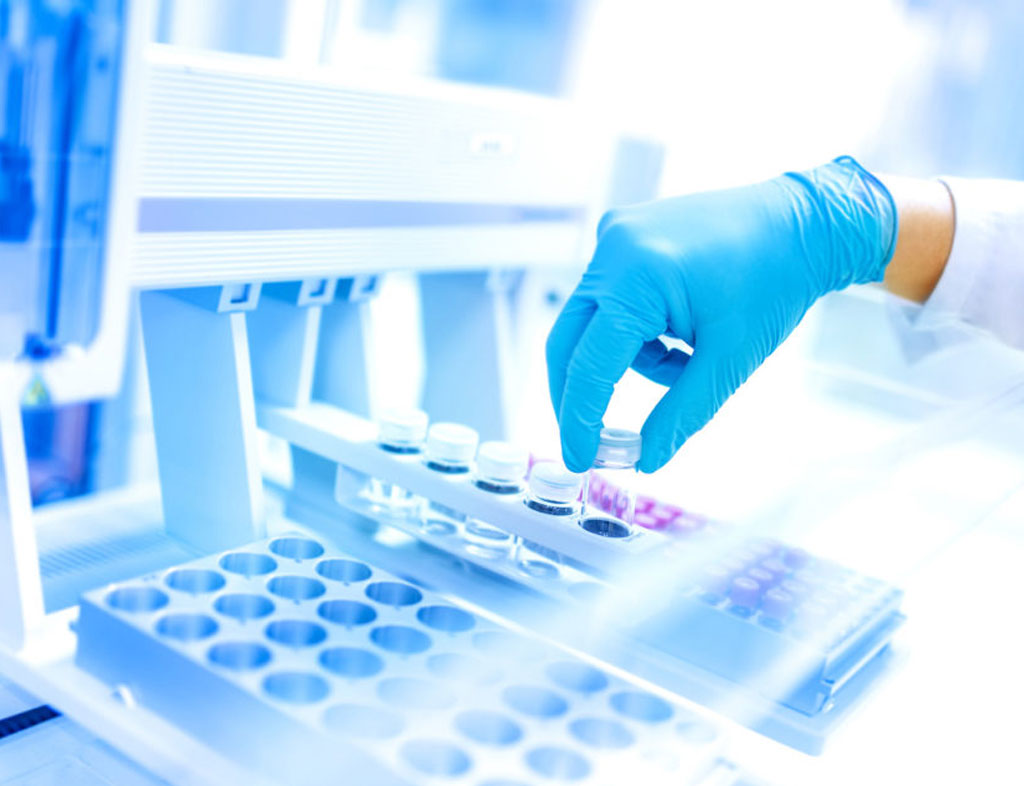MyCheck Colon enables early identification of subjects that have an increased risk of develop-ing colorectal cancer because of an inherited predisposition. The test is based on the study of mu-tations associated with inherited syndromes that are associated with colorectal cancer: Lynch syndrome and familial adenomatous polyposis (FAP).
About the test
Also called Hereditary Non-Polyposis Colorectal Cancer (HNPCC), Lynch syndrome is associat-ed with a 70-80% risk of colorectal cancer development. Compared to non-hereditary colorectal cancer, this form of cancer develops at a younger age (around 40 years).
FAP is characterized by the development of several polyps in the colon and in the rectum. It is diagnosed in 1 out of 8-14,000 people. If left untreated, FAP leads to cancer development before age 40.
Early identification of subjects with Lynch syndrome or FAP-associated mutations can allow the doctors to recommend possible surgical options or the launch of an oncological prevention pro-gram based on the monitoring of genetic stability early on and on lifestyle interventions.
Indications
Children can inherit germline (egg and sperm) mutations in their parents and, with them, the pre-disposition to develop the tumor associated with that alteration. The MyCheck Colon test must be considered if there is:
- a clinical history indicative of a hereditary cancer syndrome or Lynch syndrome.
- a family history of colorectal polyps or cancer
- cancer diagnosed at an unusually young age in the family
- several close blood relatives that have colorectal cancer

What the test evaluates
MyCheck Colon evaluates the predisposition to inherited colorectal cancer by analyzing 23 genes associated with Lynch syndromes or FAP.
Individuals with a pathogenic variant in one of these genes have an increased risk of developing certain cancers, such as cancers of the uterus (endometrium), ovaries, stomach, small bowel, pancreas, kidneys, brain, ureters (tubes that carry urine from the kidneys to the bladder), and bile duct.
Advantages
MyCheck Colon leverages Next Generation Sequencing (NGS) technology to examine regions of the human genome that tend to get missed by other methods of single or hotspot biomarker testing.
The advantages of this test are:
- Risk-reduction and early diagnosis, increasing the chances of successful treatment and survival.
- Improve the therapeutic results for patients, identified as carriers of mutations, thanks to targeted prevention and early intervention
- It determines the genetic causes of hereditary cancers in one’s own family
If you are found to have an abnormal gene with the MyCheck Colon assay, there are steps you can take to help lower your risk of colorectal cancer, such as starting routine screening at an ear-lier age or even having surgery. In families known to carry a Lynch syndrome gene mutation, doctors recommend that family members who have tested positive for the mutation and those who have not been tested should start colonoscopy screening during their early 20s to prevent colorectal cancer.

How the test is performed
MyCheck Colon is performed using NGS on the DNA extracted from a peripheral blood sample:
- The blood sample is sent to Bioscience laboratories for genetic testing.
- DNA is isolated.
- The DNA library is then prepared and sequenced on a NGS sequencer.
- Seamless integration of our informatics solutions with our sequencing platforms enables quick and intuitive analysis and reporting once the sequencing is completed.
Request the test
To request MyCheck Colon, or for more information about the test, please feel free to call us at +971 (0)4 375 722 or fill in this form.
(*) required fields

